Following right on the heels of Christmas comes the Lunar New Year. For us parents, this involves the hustle and bustle of spring-cleaning the home, the purchase of new clothes for everyone in the family, and the preparing of red packets to be given out to family members and friends.
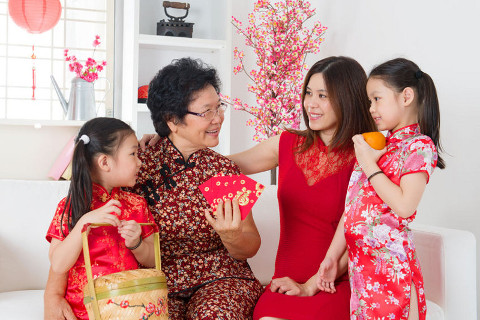
Some families today don’t follow the Chinese New Year traditions and practices of their elders, however, it’s still good for us to be mindful of our manners during the celebrations, so that we won’t accidentally offend an elder or friend. Some traditions are built around moral etiquette, while others have a more superstitious basis. Which do you follow?
1. Wait Pa, you mean we get to stay up late?
Children should stay up as late as possible on New Year’s Eve, to send off the old year and welcome the new. According to tradition, it is also believed that the later they stay up, the longer their parents will live. Of course, they would be more than happy to enjoy more playtime with their cousins after the family’s reunion dinner!
2. Merry… I Mean 恭喜发财 Uncle, Aunty!
Remind your children (and yourself) to greet everyone they meet by saying “恭喜发财”(Gong Xi Fa Cai), which means “Wishing you a Happy and Prosperous New Year”. It’s customary to wish each other as a way of putting all grudges aside and offering sincere peace and well wishes to all around. Kids sometimes have to be reminded to say their Thank You’s, and not to open their red packets in front of the receiver.
3. The Early Bird Gets The Ang Bao
On the first day of Chinese New Year, children should wake up early in the morning to greet their parents and wish them a happy and healthy New Year. In return, they will receive a red packet 🧧 blessing from their parents.
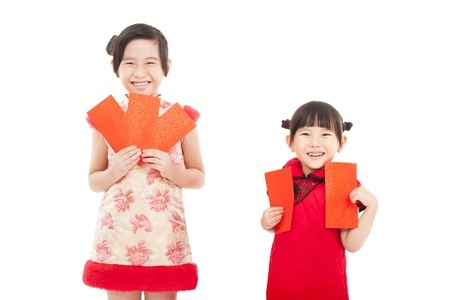
4. Nothing But Red
Everyone, including children and babies, should be dressed in new clothes to celebrate the new year, and in bright colours. Tell your son to save his favourite Batman tee shirt for another occasion, and don a red one instead. Red is a favourite colour of choice, because it symbolizes luck and prosperity. Above all, don’t wear white or black clothing, since these are the traditional colours of mourning.
➡️ Related Read: 5 Chinese New Year Taboos
5. Come, help Mama clean and sweep the floor!
Before the New Year arrives, every home should be spring-cleaned from top to bottom – and your children can help out in this too! After that, house cleaning (or any sort of housework) is frowned upon during the New Year holiday, because the Chinese believe that this is tantamount to sweeping away any good luck.
6. Watch Your Tongue Boy!
Remind the children not to quarrel during Chinese New Year (don’t we wish this could apply all year round?) and to avoid mentioning topics like ghosts and death in their conversations. Other words that are a strict no-no are the number four (which sounds like the word for “death”) and any kind of vulgar language.
7. No Cutting…
During the Chinese New Year period, tell your children not to use sharp objects like knives or scissors. These objects are associated with bad luck, as their sharp points are believed to cut away your good luck and fortune!
8. Be Extra Careful

Remind children to be extra careful not to break anything since breaking dishes invite more misfortune in the new year. Even when you’re eating fish, be careful not to break any of the bones!
9. Here’s Something Fishy
This might sound contradictory – eat lots of fish, but don’t eat it all up. Eating fish is a must for Lunar New Year, because the Chinese word for “fish” (魚, yú) is similar to the word for “plenty” (餘, yú). However, you don’t want to “eat up” all your good fortune – hence you should leave some fish on the plate to symbolize abundance for the future.
Flipping the fish is also considered bad luck. After the top half is eaten, the fish’s spine should be removed instead of flipping the fish, to prevent turning your gain into a loss.
10. Did You Bring Your Oranges?
It is a tradition to bring along mandarin oranges for visiting during the Chinese New Year as the fruit in mandarin is ‘橘’, which sounds like ‘吉’, meaning ‘auspicious’.
At every home you visit and upon entering the house, each member of the family (including children) should present two mandarin oranges to the heads of the household, and offer the customary New Year greetings as well.
By Dorothea Chow.
This article was first published in The New Age Parents e-magazine.
* * * * *
Like what you see here? Get parenting tips and stories straight to your inbox! Join our mailing list here.
Want to be heard 👂 and seen 👀 by over 100,000 parents in Singapore? We can help! Leave your contact here and we’ll be in touch.





































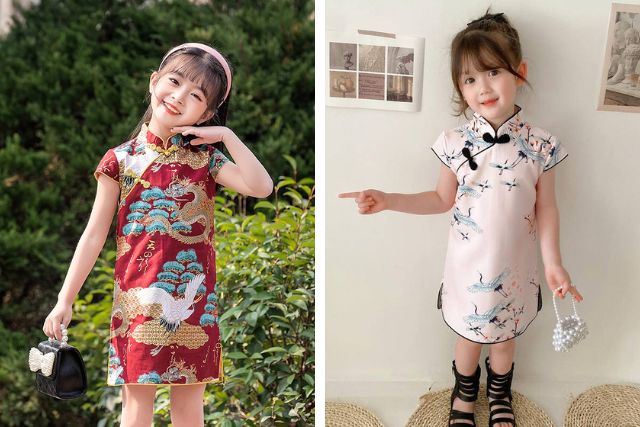

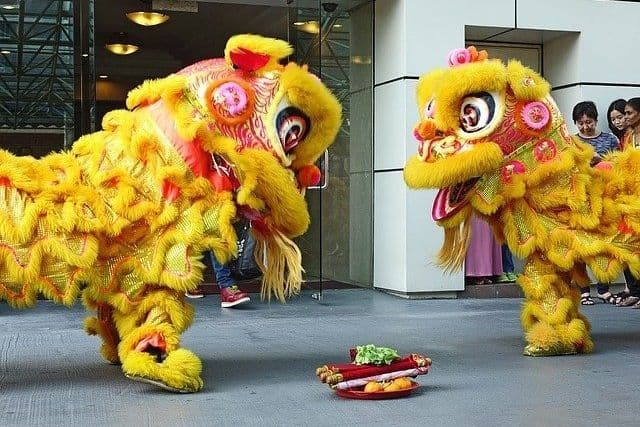
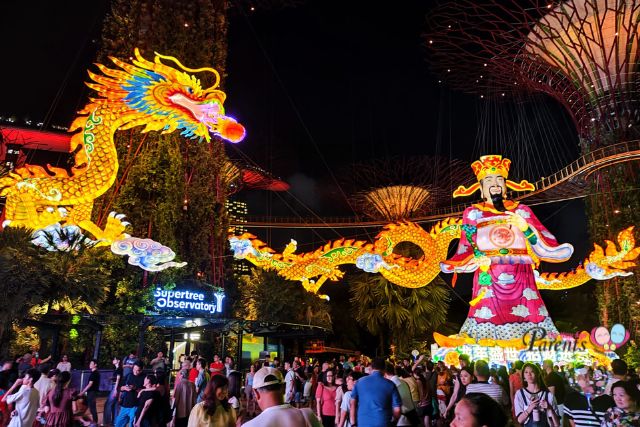
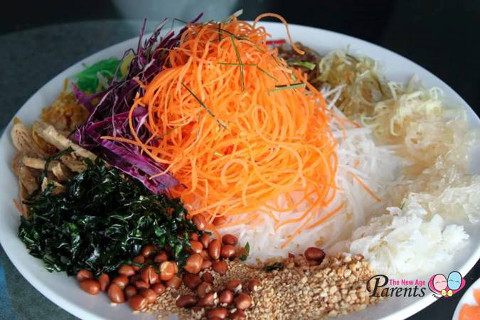

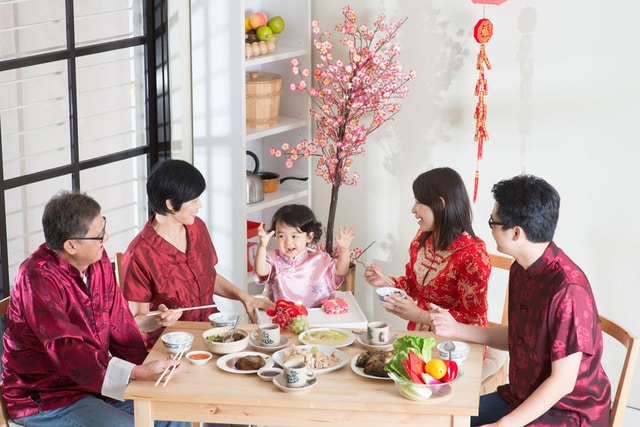














Leave a Comment: